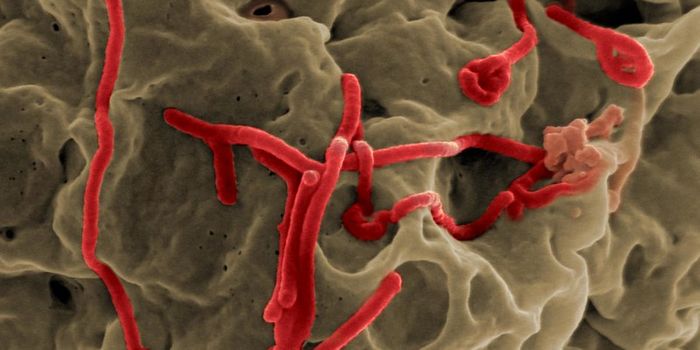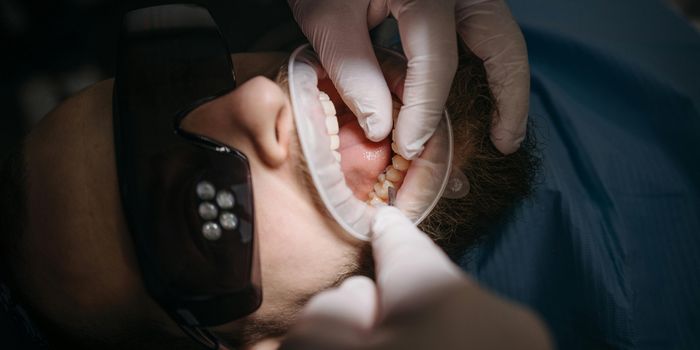A Little-Known Sleep Disorder: Exploding Head Syndrome
Exploding Head Syndrome (EHS) is a benign but abnormal sensory reaction where a person hears loud sounds perceived within the head when transitioning from sleep to wake or wake to sleep. Sounds heard have been described as similar to those from a firecracker, a gunshot, a buzz, or a door slam. Other potentially accompanying symptoms include twitching, seeing flashes of light, sensations of intense heat, and chest and abdominal sensations. No significant pain is associated with these episodes, but sensations of fear are typically present.
EHS itself is not indicative of an underlying disease but has been associated with insomnia and isolated sleep paralysis. Isolated sleep paralysis is a sleep disorder where a person becomes conscious from sleep while their body continues to experience the paralysis of REM sleep and hallucinations from dreams continue. It's referred to as isolated because it occurs in people who do not have narcolepsy, another sleep disorder where sleep paralysis is common.
The cause of EHS remains unknown, but researchers have several hypotheses. It may be due to a transient malfunction of sensory neurons in the reticular formation of the brainstem during sleep-wake transitions; temporal lobe seizures; or dysfunction of various parts of the ear, including Eustachian tube dysfunction, temporary disinhibition of the cochlea, or sudden, involuntary movement of the eardrum. Genetic mutations that cause temporary calcium channel dysfunction have also been proposed as a potential cause.
Symptoms can be alarming because patients with EHS may believe they're related to a serious underlying pathology like stroke or brain tumor. MRI and EEG can rule out underlying pathology.
Treatment recommendations usually include improving sleep hygiene through better routine and sleep duration; treating any co-existing sleep disorders; and/or prescribing antidepressants, calcium channel blockers, or anticonvulsants. For those with EHS and sleep apnea, treatment of sleep apnea has reduced episodes of EHS.









